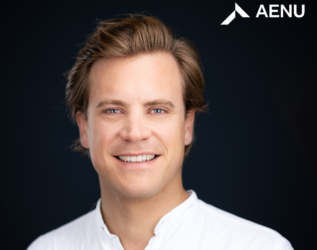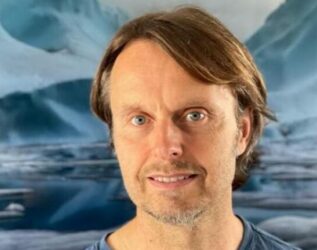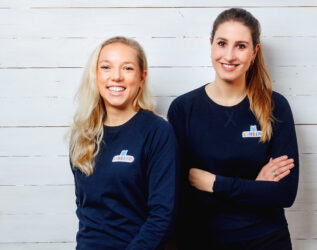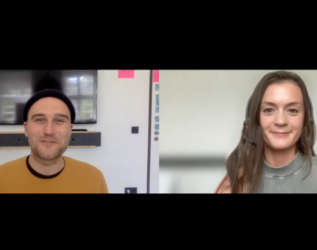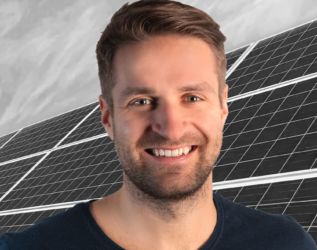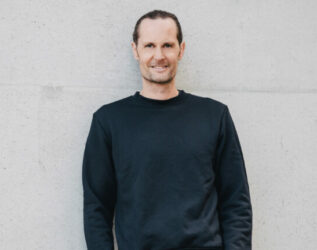Tackling the energy transition with Voltfang CEO Roman Alberti
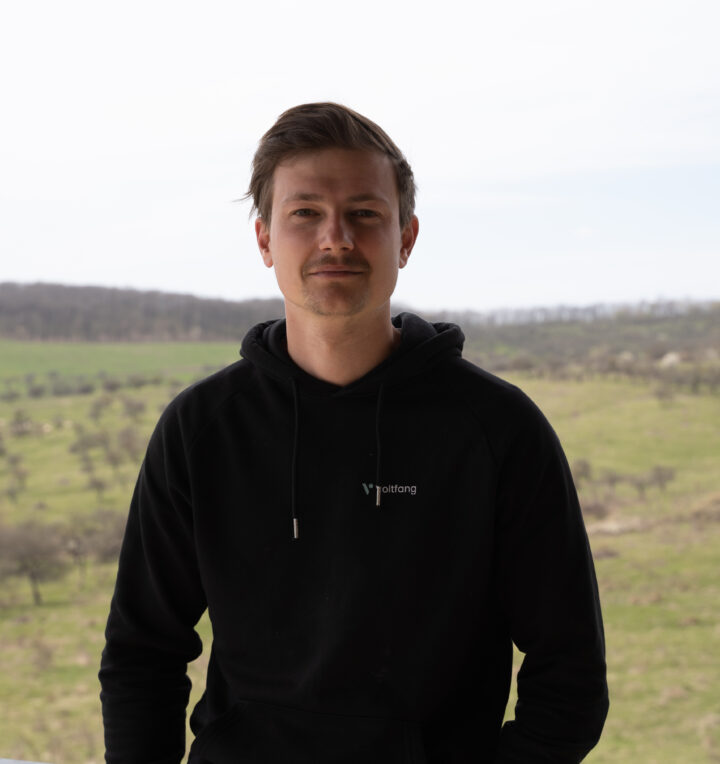
Who are you and what are you doing?
My name is Roman Alberti, I am the CEO and one of the three founders of Voltfang. Voltfang provides battery storage systems from pre-used EV-Batteries.
During our studies, my two co-founders and I bought an old camper van. While making it energy independent we came across the topic of used electric car batteries. We found out that there is still no effective solution for the end of life of electric car batteries. So, the story of Voltfang took its course.
What drives you personally and how did you get there over time?
Technology has fascinated me from an early age. I’m the kind of person who started working on cars and built up a basic understanding of technology. I also had the opportunity to learn the theoretical side of the preowned skills with my studies at studies at RWTH Aachen.
Internships at Maybach and e.GO during the studies made me realize that large companies are too sluggish and bogged down for me and that there are many advantages working in small or independent companies. In addition, I noticed that the environmental awareness I had built up over time was not being served by these companies in the way it could be.
Since our world is currently facing great challenges, I quickly realized that I wanted to use my passion to actively protect the climate. After my studies, the possibility arose through my two co-founders to start our own company and with this to support the German energy transition, while simulatenouslyat the same time to solving the problematic end of life of electric car batteries.
Please give me the elevator pitch for Voltfang?
At Voltfang we integrate used electric vehicle batteries after their end of life in the car into stationary storage systems to increase their lifespan and therefore reduce their ecological footprint. Our Voltfang Industrial then can be used by SMEs to store renewable energies and stabilizing the grid by peak shaving or load shifting.
Where do you see Voltfang by 2030?
Voltfang will be one of the leading companies to tackle the energy transition. To contribute we will connect our storage systems into a virtual power plant to substitute the coal-fired power station in Weisweiler, Germany.
What are the key challenges the renewable energy sector faces?
At the moment, the main focus of the media on the energy transition is on how much maximum peak capacity of renewable energies is installed and what percentage of the energy we can cover on a sunny and windy day. This is very good in the first step, but in the background, there is an even bigger challenge.
The bigger challenge is the fluctuation of the renewable energies. Power plants are currently needed to fill the gap between production and consumption. When they are shut down, the stabilizator of the grid is missing with fatal consequences. To prevent this, storage systems must take over the role of power plants. We need to make prosumers and consumers as self-sufficient as possible sector by sector and rely on virtual power plants for the rest.
What role do you think renewable energy will play in building a more sustainable future and what can Germany do?
Currently, there is no alternative to renewable energy to enable a sustainable future. We must continue to promote the expansion and even smartly increase its funds to achieve our climate goals. In my opinion, the people in Germany play a key role in this regard. We are currently one of the leading nations in the expansion of renewable energy. We must succeed in realizing a rapid and, above all, ecologic energy transition. Only in this case other countries will look up to us as a role model and will be inspired to switch to a CO2 free energy supply themselves. Since we are responsible for only about 2% of the world’s CO2 emissions, our goal must be to be imitated by other countries and at the same time develop and provide the necessary technology.
What is your view on the circular economy?
A circular economy is the only way to a sustainable economy. This must also be practised holistically and not stop at national borders. For example, we cannot use electric cars and say that they are sustainable because they run on renewable energy. We need strategies that look at the whole vehicle, from the door handle to the battery. The earth doesn’t have nearly enough resources to meet our current consumption urges and worst of all – they do not regenerate! The truth is that we currently consume twice as many resources as planet Earth can currently produce, and by 2050 we will need five times as many to meet the basic needs of the world’s population.
I agree with Andrew Morlet, the CEO of the Ellen MacArthur Foundation, that a common misunderstanding minimizes the definition of circular economy to the familiar Reduce-Reuse-Recycle approach. He said at the “Leading Disruption Panel” in 2020 that Circular economy is a “bigger idea” – a significant restructuring that forces us to rethink how we’ve done things since the rise of the first steam engine.
What makes you optimistic about the future of our planet & society?
Our parents have built us a world with a lot of wealth and high technology, in which unfortunately the climate has been neglected. Now we have the task to make up for their omission. Today we have the backup of prosperity and some of the tools of technology to defeat climate change – we just have to act. In my everyday life, I see people who shift their way of thinking about our world. Our employees, other start-ups, everybody has the mission to contribute to a better world, driven by internal motivation. It will be the duty and designation of our generation to prevent the climate crisis by reinventing the economy and our behavior. I am optimistic that we can do it by working together.
Any parting advice for aspiring entrepreneurs?
First of all, you need to have the trust to start something and you will be surprised how easy it is and what kind of support you can get. In the second step, it is important to ask for advice and expand your knowledge through experts of the field until you become one yourself. The final and most important thing is to do something you stand for, because then you have the endurance to overcome adversity and lead your business to success – no matter how you define success.
